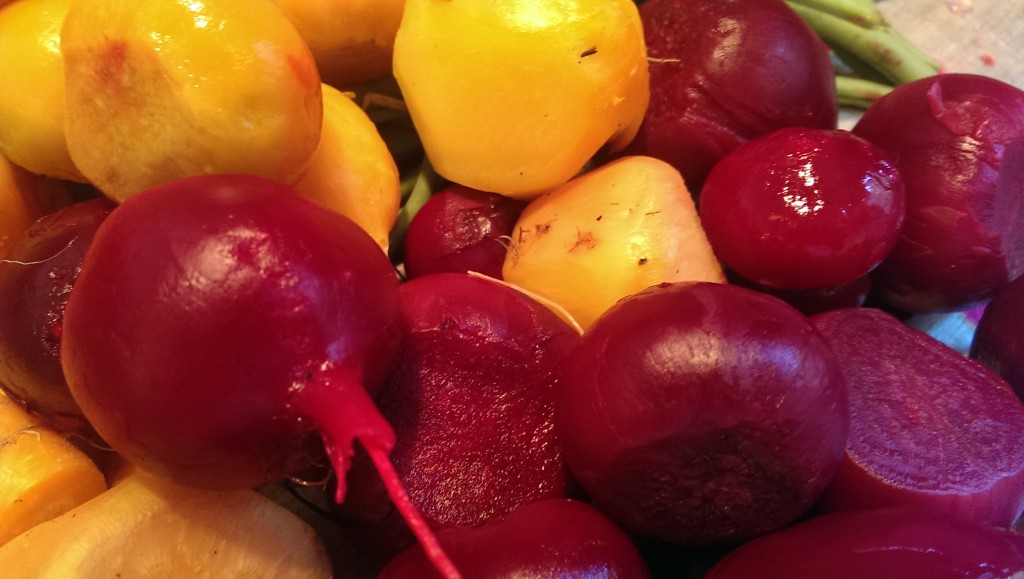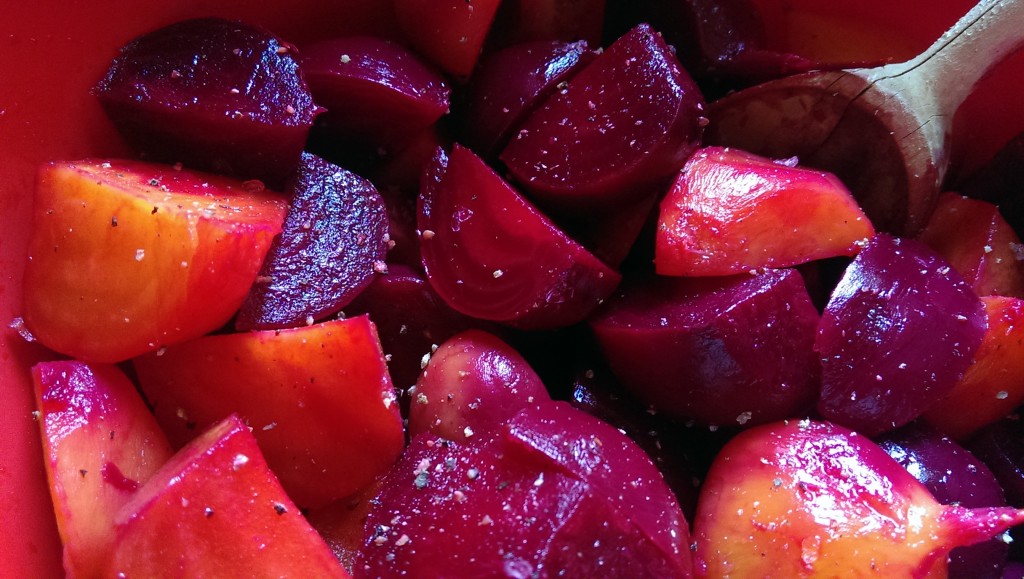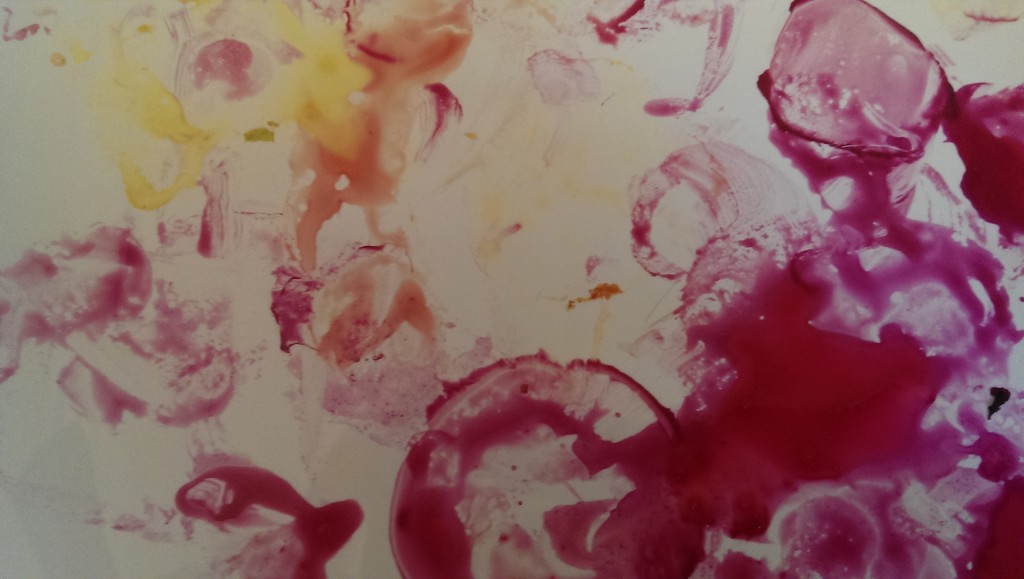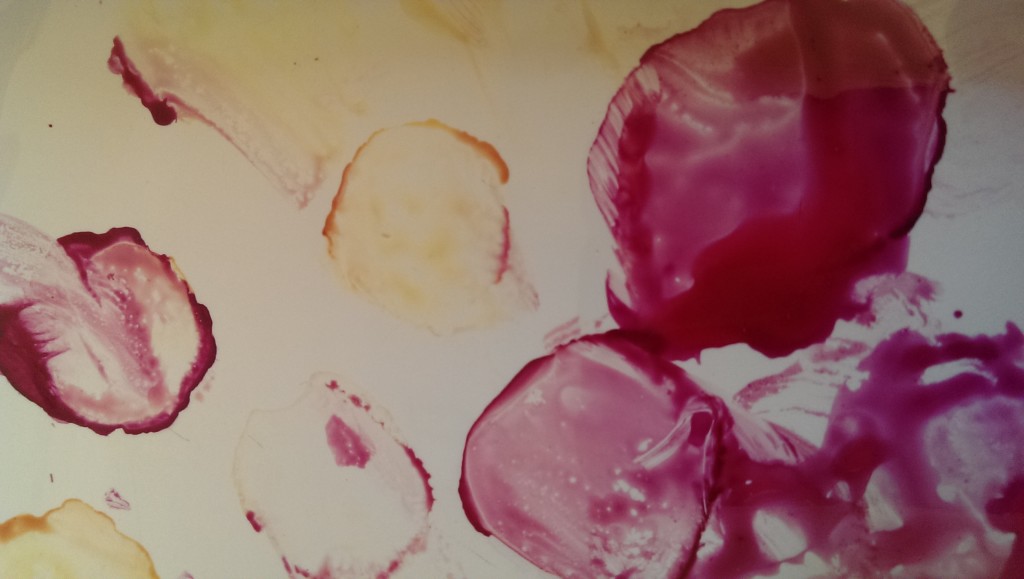Summer Solstice Summer Moon
At 5:51 am the sun reached its full height in the sky, full, that is, for the 45th latitude, 69 degrees above the horizon. That means more solar energy per square foot on the ground and rising temperatures to follow in July and August. It also means the rain soaked plants here in Minnesota will finally begin to get the attention they need to grow tall and produce big fruit. Yes, today is the summer solstice.
This day, like the winter solstice, is an ancient holiday, born of fear and hope, awe and wonder, the basic ingredients, according to Rudolf Otto, of the holy. At the summer solstice the hope was for warmth to heal bones chilled by winter’s cold and sunlight to ensure a good harvest, whether food was gathered or grown. The fear, the opposite of that at the winter solstice when many feared the sun might never return, leaving the world to freeze, with food gone, was that the sun would come too close, stay high too long and burn the earth, scorch it with an intensity neither plant nor animal could survive.
In this way these two markers of the solar system’s formative years, when the orbits of the planets stabilized around their mother and father, Sol, could be seen as an early form of output produced by a very basic, but nonetheless real, computer, movement in the heavens. As this difference engine brought new information into the night sky, humans and other animals, too, sighted it and changed their lives according to its data.
If the holidays of Beltane and Samhain mark the human focused seasons, the growing 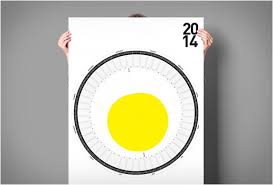 season and the harvest season followed by the long fallow time, then the solstices mark the astronomical seasons, the season of heat and the season of cold. Together these four constitute the liturgical calendar of an earthly religion, one which honors the earth and its treasures, and a solar religion, one which honors the nuclear fusion roaring in the furnace of our star, a basic source of energy which makes the earth’s treasures accessible to our bodies.
season and the harvest season followed by the long fallow time, then the solstices mark the astronomical seasons, the season of heat and the season of cold. Together these four constitute the liturgical calendar of an earthly religion, one which honors the earth and its treasures, and a solar religion, one which honors the nuclear fusion roaring in the furnace of our star, a basic source of energy which makes the earth’s treasures accessible to our bodies.
The calendar shown here hangs on my wall, the solstices made evident by the yellow yolk displaying the hours of sunlight on a given day. The point where the yolk lies closest to the inner circle is today, the summer solstice, and the one furthest away, its polar opposite, near the top, the winter solstice.
This is a day to celebrate the majesty and wonder of photosynthesis, that essential transubstantiation which converts the love of the sun into foods that our bodies can consume. When you look outside today and see green, the color not absorbed by plant leaves and so left over for our eyes as a signal of the miracle, bless them. Bless the leaves and their photosynthetic work, bless the sun which powers it and the plants themselves which mediate between that work and our life. Their work is the sine qua non of our existence. And worthy of our thanks and our praise.
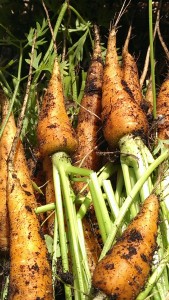 about a half of the first carrot crop and early green beans. The garlic, though late, is getting close and several of my onion stems were lying down yesterday, a sign they want to come out of the ground for drying.
about a half of the first carrot crop and early green beans. The garlic, though late, is getting close and several of my onion stems were lying down yesterday, a sign they want to come out of the ground for drying.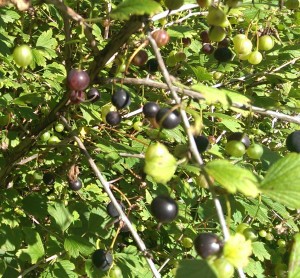 diagnosis (her real gift in the art of medicine). No bees. There are, as always, many many currants and our crop of gooseberries is as big as it’s ever been. I’m going to pick them tomorrow. We also have a sizable hazelnut crop this year.
diagnosis (her real gift in the art of medicine). No bees. There are, as always, many many currants and our crop of gooseberries is as big as it’s ever been. I’m going to pick them tomorrow. We also have a sizable hazelnut crop this year.
